Description
What is Black Gyokuro?
One of our Staff Members, George, had the idea for the production of a unique black tea which we had never hear of before, Black Gyokuro. In 2020 he produced a very small batch test and discovered a delicious new type of tea. First let’s define Gyokuro:
- Gyokuro (玉露) – the highest grade Japanese loose leaf
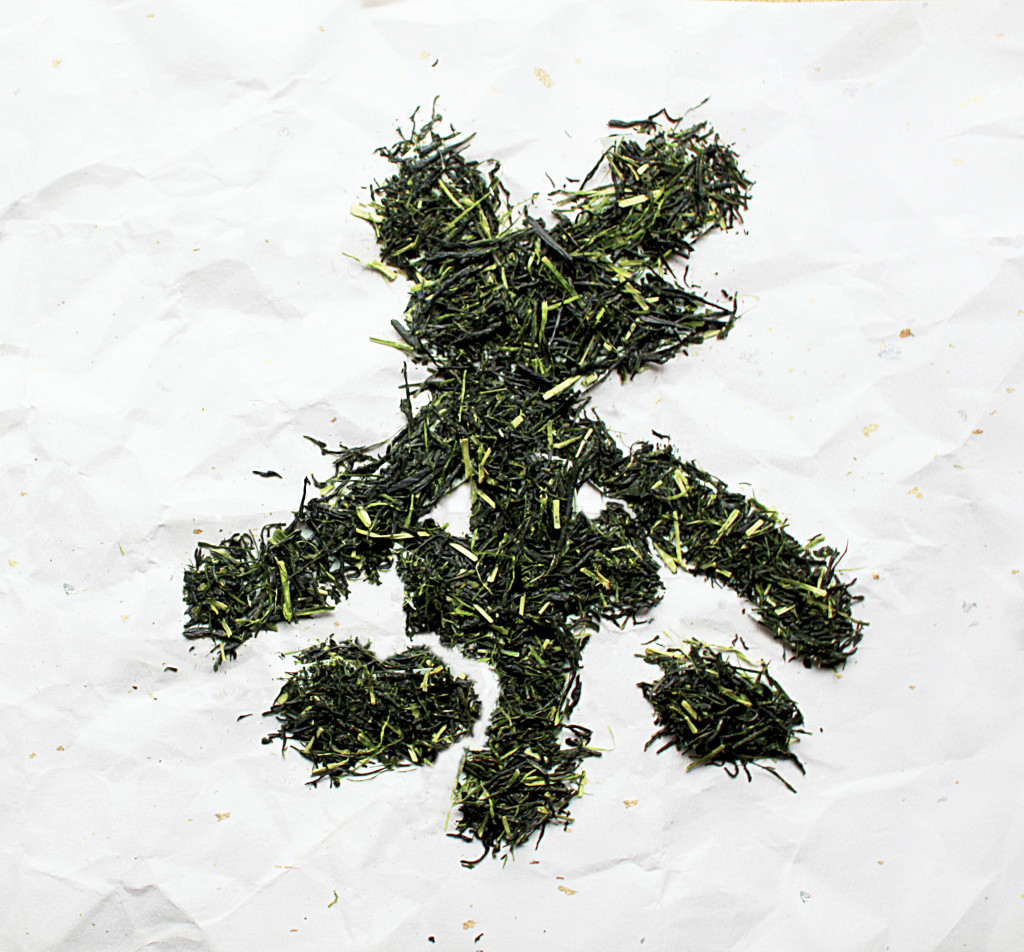 tea – is as unique as its name – ‘dew drop’. In contrast to making shaded Sencha, where the covers for blocking direct sunshine are spread directly on the plant, Gyokuro is grown under a special construction that allows more space for air flow and cooler temperatures among the tea leaves. The tea plant is shaded for about three weeks, during which fresh spring tea leaves develop a distinctive rich flavour and sweet smell with all the production of Gyokuro making up only 1% of Japanese Tea each year.
tea – is as unique as its name – ‘dew drop’. In contrast to making shaded Sencha, where the covers for blocking direct sunshine are spread directly on the plant, Gyokuro is grown under a special construction that allows more space for air flow and cooler temperatures among the tea leaves. The tea plant is shaded for about three weeks, during which fresh spring tea leaves develop a distinctive rich flavour and sweet smell with all the production of Gyokuro making up only 1% of Japanese Tea each year. - Black Tea (和紅茶) – another rare Japanese tea which has a shorter history than Gyokuro. It has an oxidation period after the processing which darkens the colour of the tea but not as much as other Black Teas around the world. After the harvest the leaves are first withered before further processing. By the subsequent rolling of the tea leaves, the cell structure is broken down which enhances the following oxidaton process.
As black tea is a recent discovery in Japan only about 300 farmers are producing Koucha throughout the country and is therefore a specialist product. Combined with Gyokuro cultivation this makes this tea an incredibly unique product.
Farmer Profile
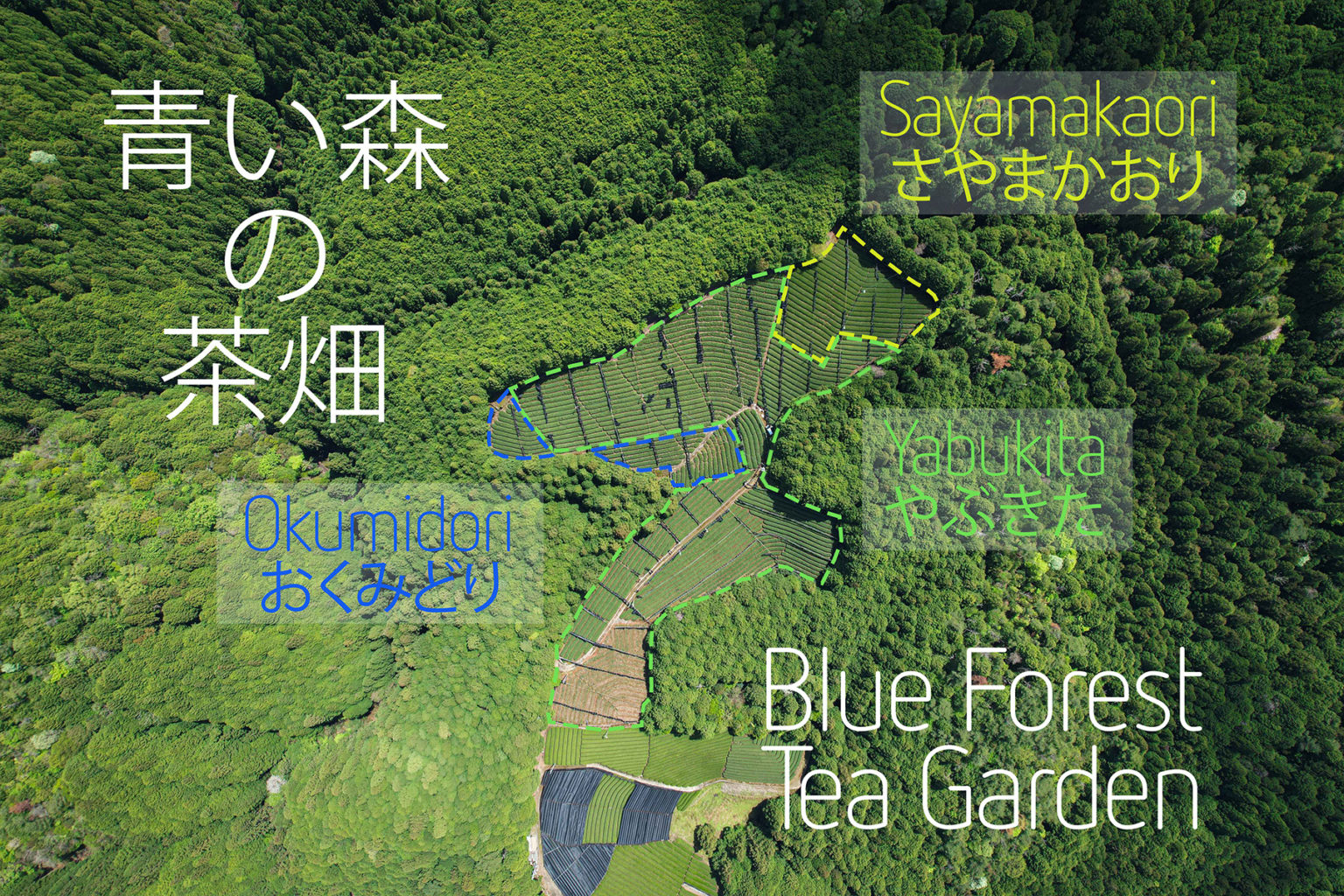
The Obubu Team as a whole are responsible for this Tea with each member caring for the Tea Garden, Harvesting and Processing. This tea comes from the Blue Forest Tea Garden, we initially thought to create an organic garden but to do so we would need to wait three years before being able to apply for Organic Certification. We decided that we would only add the leaf which had grown and been trimmed back into the garden. We would aim to provide an alternative to Organic Tea production for the small scale farmers who aim to create delicious Japanese teas in a sustainable business model and delicious teas. This is an alternative solution to a national and increasingly international problem from the Tea Garden up, forget grass roots, more like tea roots!

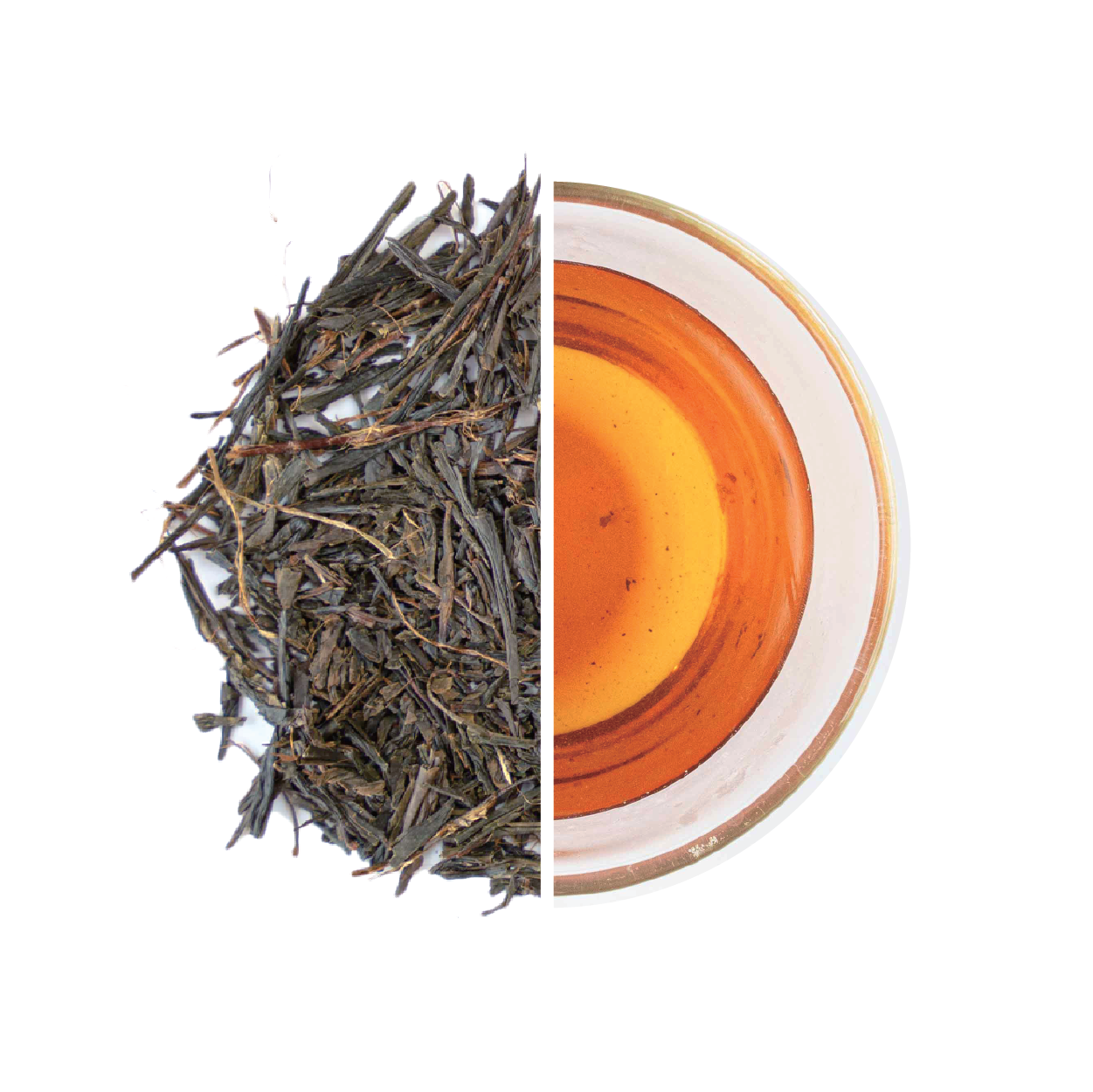

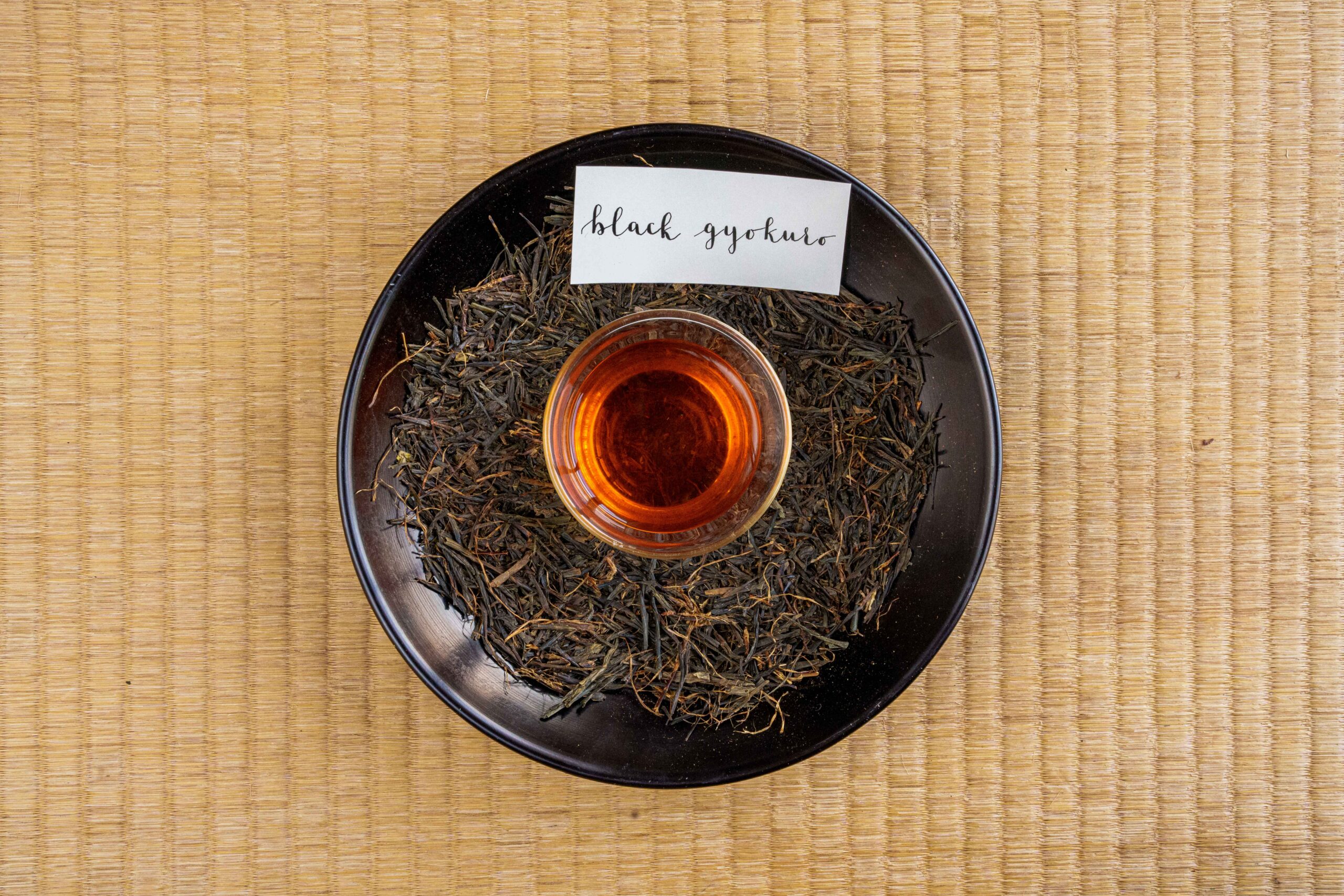
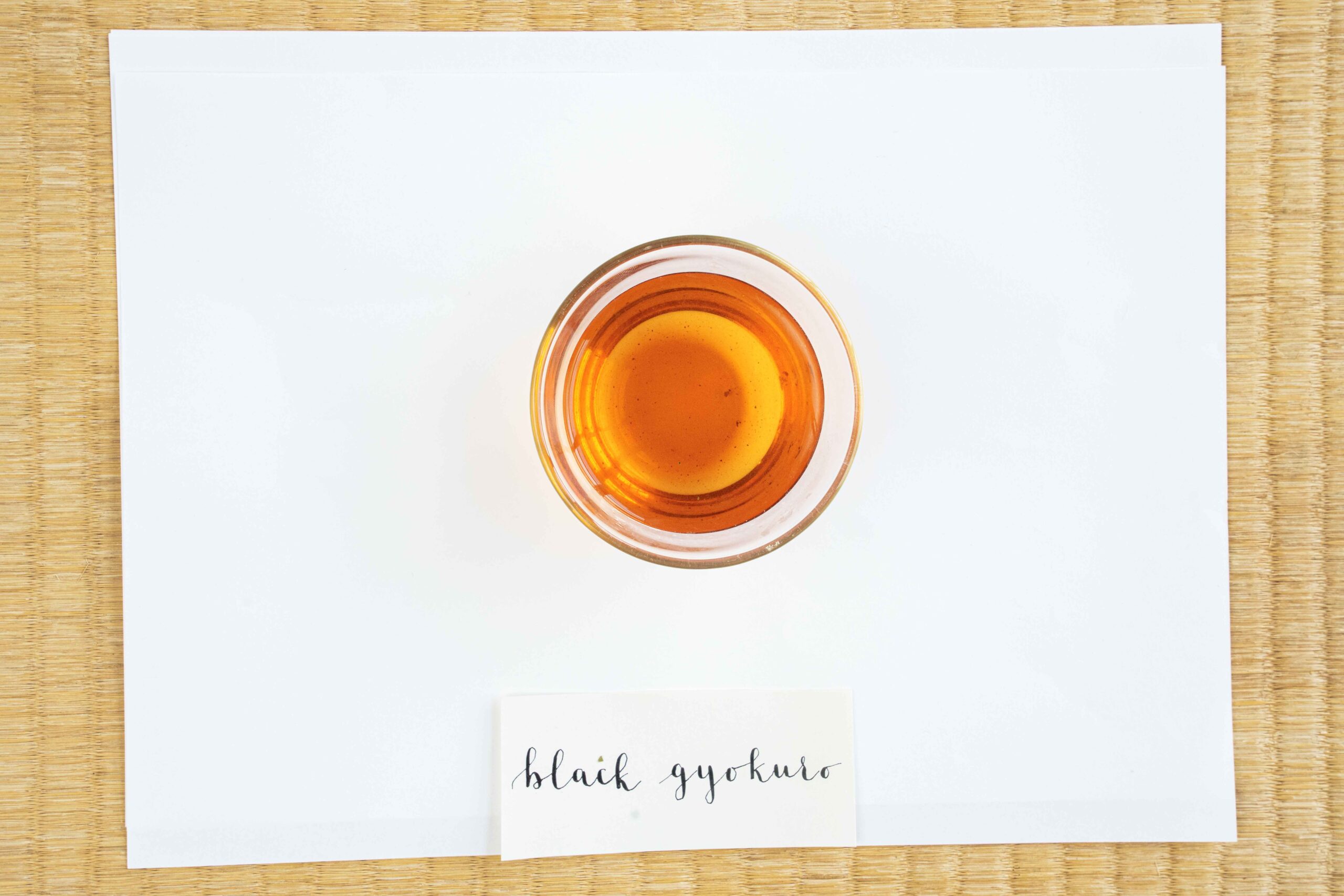
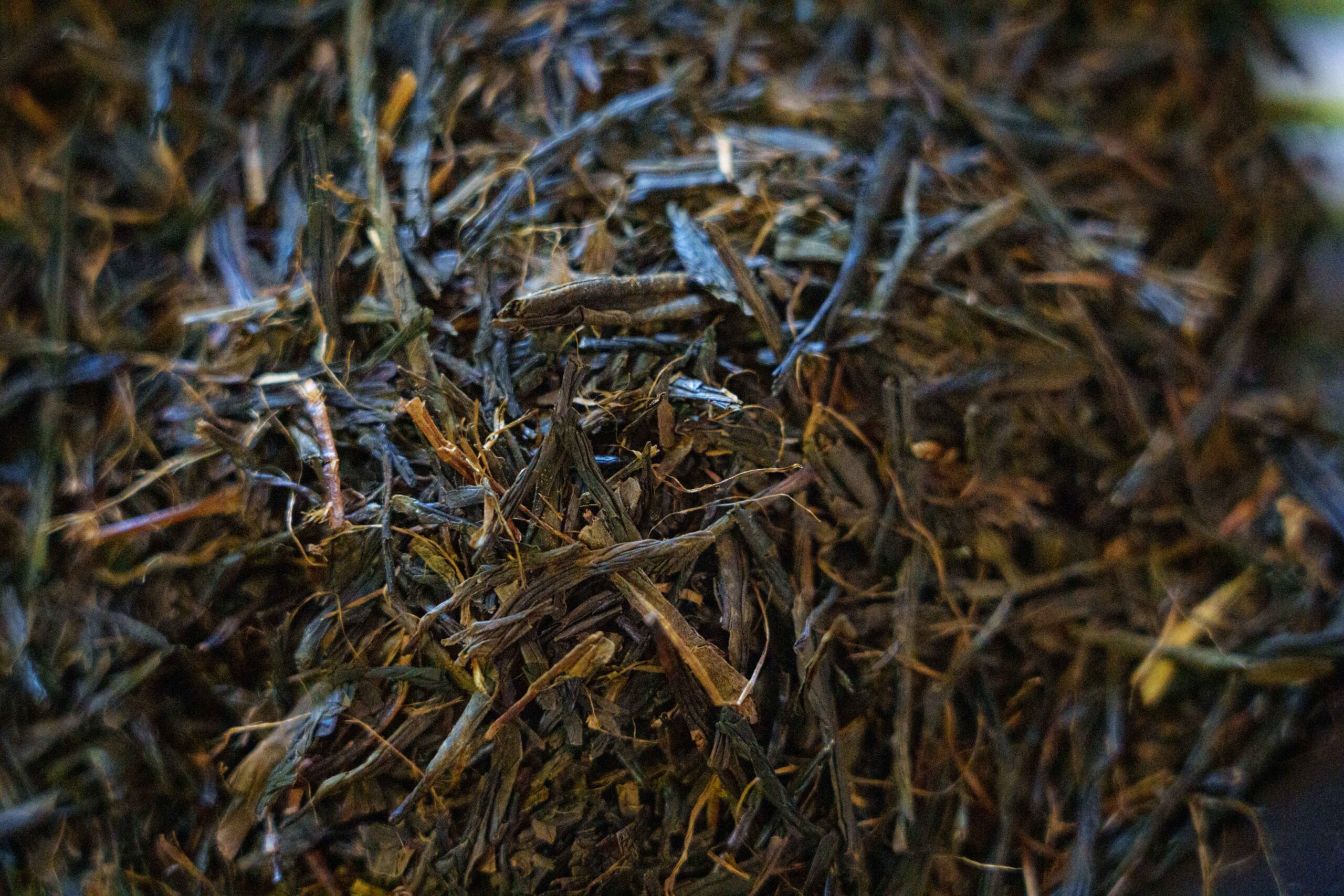
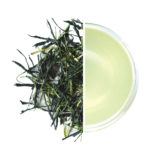
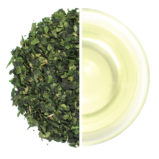
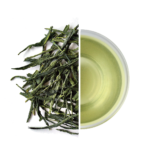
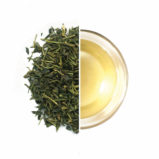
Reviews
There are no reviews yet.